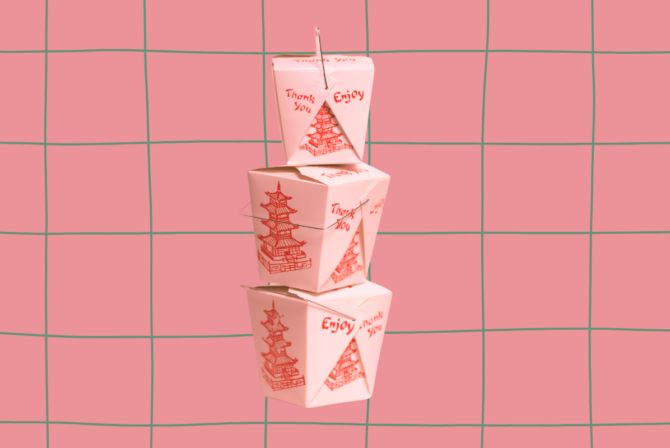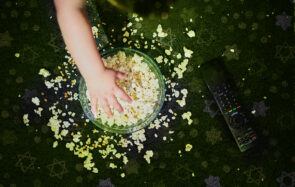“Mommy, who’s going to take care of me when you and Daddy die?”
This from the mouth of a child who is not yet 4 years old. My child. My first born, my daughter who has a tender, anxious soul and wisdom beyond her years. She made me a mother and challenges me every day to question my beliefs and face my fears.
She’s been curious about death lately. I’m not sure where she heard the word, but she seems to have grasped the concept. She understands that death means someone is gone and that they’re not coming back. She’s still struggling with the details; she recently asked “where we fall” when we die, or if we “pop.” I can handle those questions–even if I don’t have the right answers, I’m ok muddling through until I find something good enough that seems to work for her little brain. (We finally settled on “you just stop” as the answer to what happens, and that seemed to work for her.)
But questions about Mommy and Daddy dying? Those are entirely different, and not just because I don’t have the answers. The thing is, when my daughter asks those questions, she’s unwittingly tapping into one of my deepest, most pervasive fears.
I am terrified of one of my parents dying. Terrified. (I know that this particular fear is a short leap from the possibility that my husband or I might die, or God forbid, one of the girls. I am aware that these are my actual fears, but they are too painful to truly acknowledge. I can hardly write about them.)
I think about my parents dying on a regular basis, and I have for years. It is as much a part of my life as remembering to brush my teeth or pick the girls up from daycare. The worries often appear out of nowhere, as irrational thoughts are prone to do. I usually dismiss them, but at times I am consumed by anxiety, unable to focus on my work or chores.
Yes, I have talked about this in therapy. Endlessly. I’m an over-thinker (and, at times, an over-talker), and like any good neurotic Jewish social worker, I can trace my fears back to any number of life events: my parents’ divorce from each other when I was less than a year old, their subsequent divorces from my step-parents, my separation from each of them at different times. But, as one of my wisest mentors often reminds me, insight is the booby prize. Knowing all of this doesn’t help when I’m awake in the middle of the night, ruminating on what might happen to my parents, or me, or Josh, or our daughters. It sure doesn’t help when my little girl brings it up as we’re snuggling before bedtime.
In those moments, sitting in the dark, holding my daughter who won’t fit on my lap much longer, I feel the fear in the pit of my stomach, in the tightness of my chest, in the way my mind suddenly goes blank. “Who will take care of me if you and Daddy die?” she asks. I have no answer for her, because I can’t imagine dying before my children any more than I can imagine my own parents dying. I have experienced death in my own life, and counseled those who have endured unimaginable losses, and yet… I have nothing in those moments but fear.
And so I hold on to the most primal aspect of life–breathing. I breathe in, I breathe out, I search for the words. I have been telling my daughter that Daddy and I won’t die until she has grandchildren. (This, of course, triggers an entire conversation about her desire to have kids, and the fact that she doesn’t know how to get a baby in her belly, and could Daddy and I please make one and put it there for her. I never thought I would be grateful for the sex conversation, but I’ll take that over death any day.) I reassure her that we’re not going to die any time soon, and I pray that I’m not lying to her, that God and fate and luck and genetics will be kind to my husband and me, that we will live to see our children grown, settled, and happy.
I don’t want my daughter to worry as I do. And of course, she has no reason to worry, not like I do. Josh and I are still married, and neither of the girls have ever been away from their parents for any substantial period of time. But her questions about death have helped me see that perhaps my own fears aren’t entirely grounded in the details of my childhood; perhaps they are part of the human condition, or even the Jewish condition. Perhaps they are part of the muddled DNA that my husband and I have passed along to our daughters; a mix of wisdom and worry that somehow sustained our families through centuries of persecution and wars, of separations and reunions, of life and loss.
All of that family history and all of my own fears come together in those moments, in that brown armchair in her little bedroom, with her questions and my gasping for breath and grasping for answers. I don’t know. I don’t know about any of it. But as I reassure her, I am reassuring myself. And for that I am grateful.
If your kids are also curious about death, check out how to talk to preschoolers about death, taking your kids to the cemetery, and a place for children during shiva.







